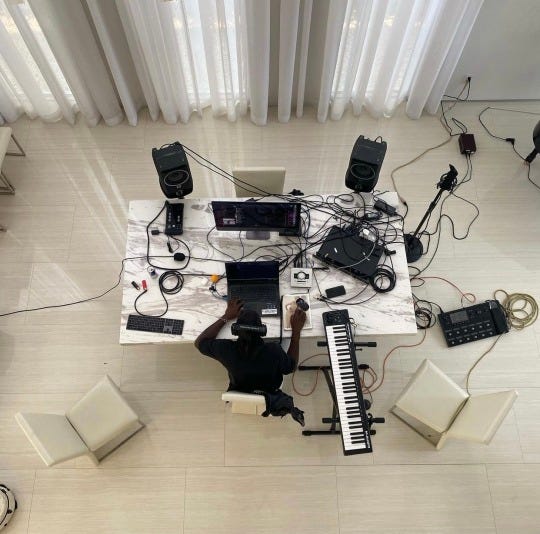Our Only Job Is Tending To Our Imagination
On automation anxiety reminding us of the most important work

Wednesday, 3:15PM
ChatGPT
Newest AI threat! Oh my…!
It was last week when that text from my Dad woke up my phone. It was last week a Seeda School student told me they used ChatGPT to help them clarify syntax errors and answer coding questions in between our coaching calls. It was last week when I read The Atlantic’s article by Annie Lowrey, How ChatGPT Will Destabilize White-Collar Work. Whether it’s automation anxiety or the recent news of “Big Tech’s” massive layoffs in the face of “record-breaking profits”, we can agree a general sense of destabilization is emerging. A sense usually reserved for marginalized folks, is starting to cross class lines in the face of inflation and talk of recession. The question isn’t “Will artificial intelligence and increased uncertainty destabilize the status quo?” That's a foregone conclusion. The question is, “How and where are we creating spaces for collective imagin…
Keep reading with a 7-day free trial
Subscribe to Seeda School to keep reading this post and get 7 days of free access to the full post archives.

